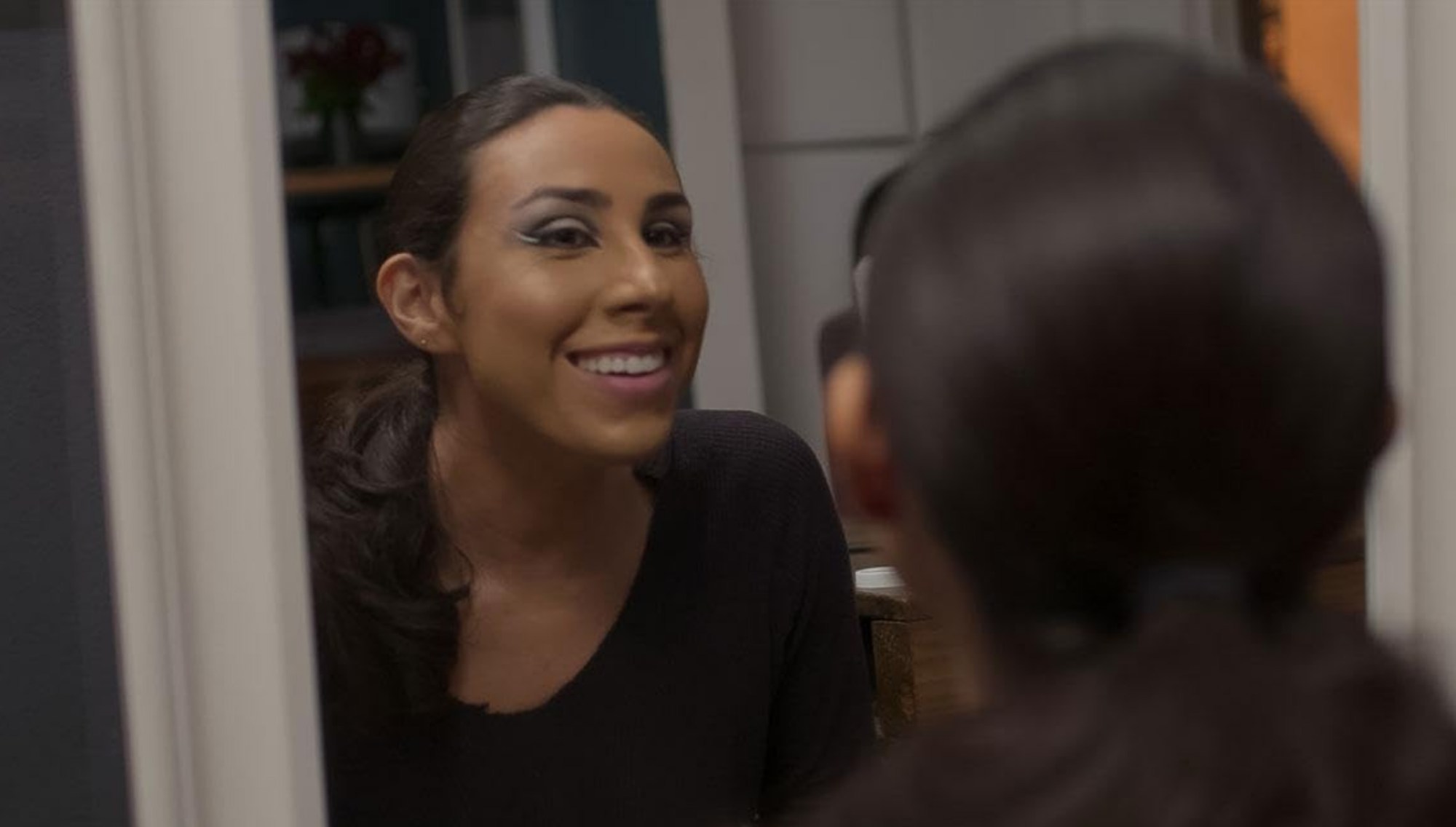
- Film
Docs: “Every Body” – a Dive in the World of Intersex People
Julie Cohen is a highly acclaimed documentary filmmaker known for her impactful work. From exploring social issues to shedding light on untold stories, Cohen’s films have brought attention to important topics and sparked conversations that have resonated and inspired viewers. After being nominated for an Academy Award alongside Betsy West for RBG, Cohen decided to do a documentary about intersex people. Every Body premieres this week.
We interviewed Cohen over Zoom.
What led you to a career in documentary filmmaking?
I come from the broadcast news world. My master’s was in journalism and I worked as a conventional journalist for about 20 years. I worked in radio, print and TV. I spent the largest part of my career as a producer and writer for NBC News. I worked in long-form news and that gave me a chance to really grasp the structure that goes with documentary. In my early forties, I decided to just focus on the inspiring upbeat stories I wanted to tell. I left the news world and decided to focus on producing and directing documentaries.
How did you decide you were going to make a documentary feature on Intersex people?
About five years ago, NBC asked me to come back for a brief time to go through their archives for stories that could be a good jumping-off point for feature documentaries. What I gravitated to was a historic medical story that dates back to the 60s and that NBC covered in the 90s that had an impact on the way intersex people were treated ever since. What struck me was the modern-day implications of that medical case. That’s when I decided to pursue this topic.
Did the success of your previous documentary RBG and the Oscar nomination help you get funding and distribution for Every Body?
Definitely. It made things easier. People in the business make a lot of decisions based on that. Not only the Oscar nomination but mostly the commercial success of RBG were very helpful for the Every Body pitch. I developed this project alongside my old friends and colleagues at NBC News Studios. We spent two years developing it and then pitched it to a lot of places. We were very surprised and felt very privileged when an entity as esteemed as Focus Features came behind it before production even began.
Every Body follows three people. How did you choose whom you were going to feature from the intersex community?
I used Google. Fairly early on, I googled intersex activists. It was 2020. Alicia Roth Weigel, one of the people I feature, was blowing up on social media. She knew how to get people’s attention without being off-putting. I reached out and she accepted to be in the movie. However, I wanted to include more people. I wanted this documentary to show that this was not just an individual issue, but that there was a whole community of intersex people out there. I wanted the three people featured to have some organicity between them, though. River Gallo and Sean Saifa Wall were working together with Alicia on a human rights demonstration and they proved to be incredible for the story. There is a bit of a debate in the documentary community about how to call the people featured. Some call them subjects, others participants. In the case of Every Body, we called them stars. The credits attest to that. They were amazing in the way they conveyed their message.
What’s your main goal with this movie?
I want to give the audience a baseline of knowledge and language about this topic. It’s hard to advocate for your rights when people don’t know about the subject. Also, I want people to feel inspired by the stories on the screen. These are people that, even though they had hard childhoods and went through nonconsensual life-altering surgeries, they came out quite strong. They are fighting for their rights loudly, despite the fact they were raised to keep their identity a secret. This is a reminder of the power of activism. Regardless of the results, to see the stars of this documentary stand up for themselves and speak their own truth to whatever power is in their way, reminds us that the victory comes from within. Standing up for yourself is a victory in and of itself, no matter how the world responds to it.